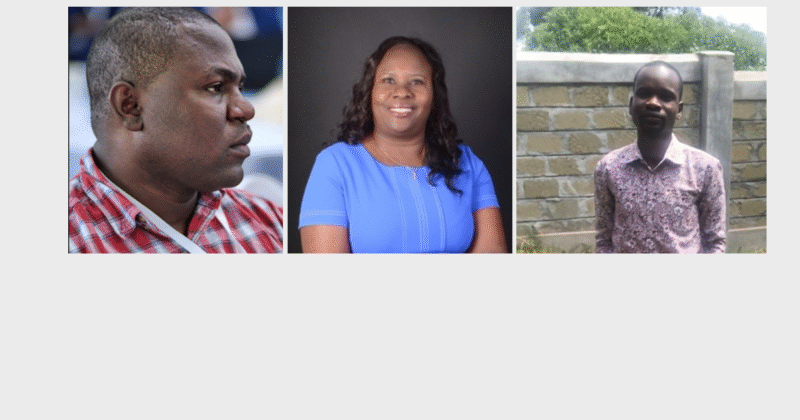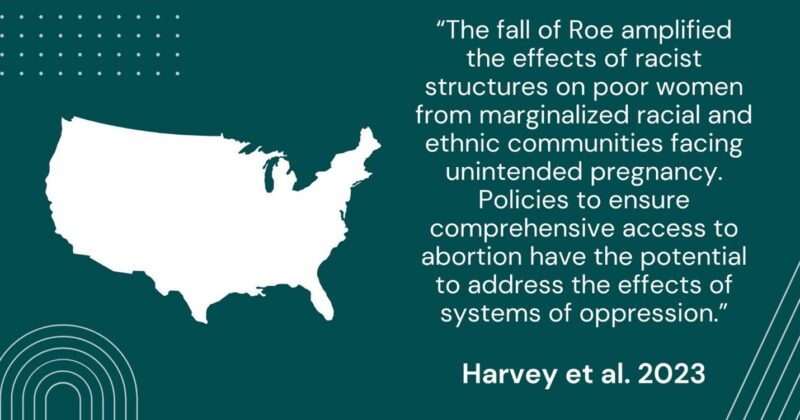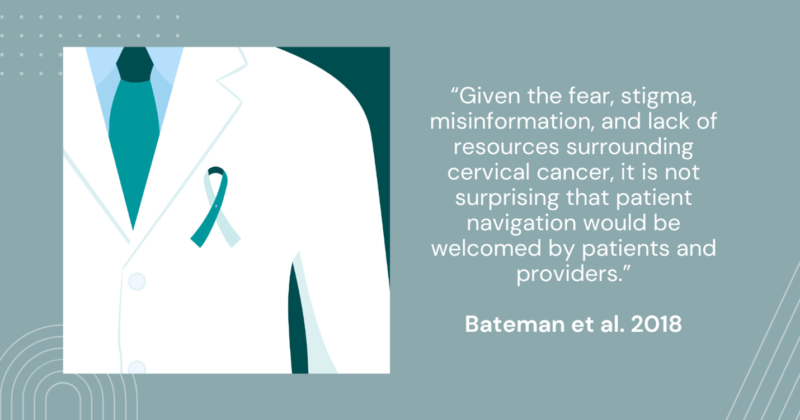
Meet Hope Tiwang, 2025 SRT Program
Hope Tiwang is a rising junior at Duke University, studying Public Policy with a minor in Global Health. She is part of the Center's 2025 SRT cohort and will be heading to Kisumu, Kenya in June! Question: What about your upcoming trip to Kenya are you most looking forward to? Answer: I am most looking forward to meeting the Kenya Team and getting to know them. Q: What sparked your interest in global health? A: I have always been interested in Public Health, my interests have been in increasing health equity by providing health education services to underserved areas, particularly focusing on children. During my freshman fall I took global health 101 with Professor Ariely, and I learned that many countries experience health equity issues to varying degrees. The discussions with classmates and hearing from the various guest speakers helped spark my interest in global health. Q: What do you hope to do after graduation? A: I hope to take two Gap years and work...









